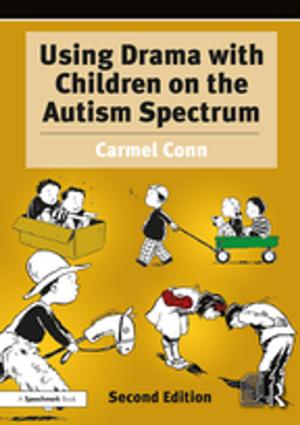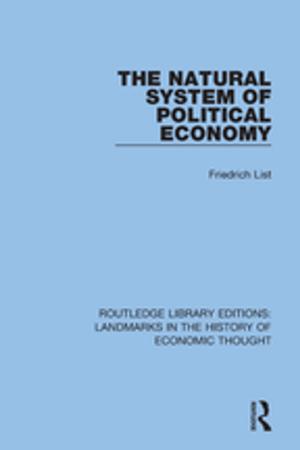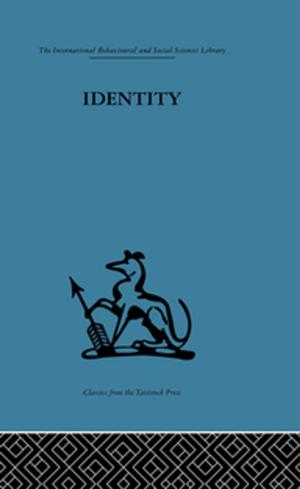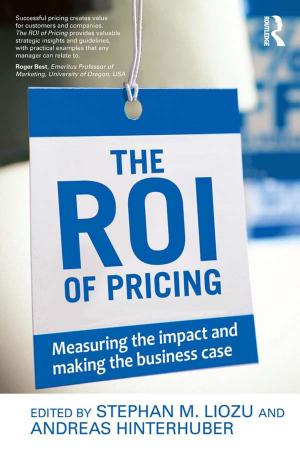| Author: | Ben J. Wattenberg | ISBN: | 9781351472593 |
| Publisher: | Taylor and Francis | Publication: | September 29, 2017 |
| Imprint: | Routledge | Language: | English |
| Author: | Ben J. Wattenberg |
| ISBN: | 9781351472593 |
| Publisher: | Taylor and Francis |
| Publication: | September 29, 2017 |
| Imprint: | Routledge |
| Language: | English |
When President Carter responded to the Soviet invasion of Afghanistan by slapping an embargo on U.S. grain shipments to the U.S.S.R., he used ""the wealth weapon"" to defend American strategic interests and human rights, as authors Ben J. Wattenberg and Richard J. Whalen propose in this book that breaks new ground in analyzing U.S. foreign policy.Writing from their different personal perspectives (as a liberal Democrat and a moderate Republican respectively), this pair of partisan activists offer a lively, balanced set of arguments, pro and con, for an activist U.S. foreign policy. They and a cast of invented characters representing opposing viewpoints debate whether U.S. foreign trade and investments and American multinational corporations should be used to pursue national goals and objectives, especially in dealing with the communist nations.The authors argue that the post-Vietnam reduction of U.S. political influence and military strength overseas gives future presidents little choice but to use the largely exploited economic strength and wealth-creating ability of America to protect vital interests abroad - just as President Carter felt compelled to do on an ad hoc basis after the Soviets took over Afghanistan. They call for a consistent, long-term use of ""the wealth weapon"" in close coordination with U.S. allies and trading partners.As veteran political analysts and social critics, the authors take a fresh, provocative and informative look at a phenomenon too often left to dry-as-dust economists: the role in the world of giant global corporations whose resources often dwarf those of nation-states. As they declare, the authors set out to write the first truly readable (and even enjoyable) book about multinational corporations - and they have succeeded amid a world crisis when their timely message anticipates tomorrow's headlines.
When President Carter responded to the Soviet invasion of Afghanistan by slapping an embargo on U.S. grain shipments to the U.S.S.R., he used ""the wealth weapon"" to defend American strategic interests and human rights, as authors Ben J. Wattenberg and Richard J. Whalen propose in this book that breaks new ground in analyzing U.S. foreign policy.Writing from their different personal perspectives (as a liberal Democrat and a moderate Republican respectively), this pair of partisan activists offer a lively, balanced set of arguments, pro and con, for an activist U.S. foreign policy. They and a cast of invented characters representing opposing viewpoints debate whether U.S. foreign trade and investments and American multinational corporations should be used to pursue national goals and objectives, especially in dealing with the communist nations.The authors argue that the post-Vietnam reduction of U.S. political influence and military strength overseas gives future presidents little choice but to use the largely exploited economic strength and wealth-creating ability of America to protect vital interests abroad - just as President Carter felt compelled to do on an ad hoc basis after the Soviets took over Afghanistan. They call for a consistent, long-term use of ""the wealth weapon"" in close coordination with U.S. allies and trading partners.As veteran political analysts and social critics, the authors take a fresh, provocative and informative look at a phenomenon too often left to dry-as-dust economists: the role in the world of giant global corporations whose resources often dwarf those of nation-states. As they declare, the authors set out to write the first truly readable (and even enjoyable) book about multinational corporations - and they have succeeded amid a world crisis when their timely message anticipates tomorrow's headlines.















